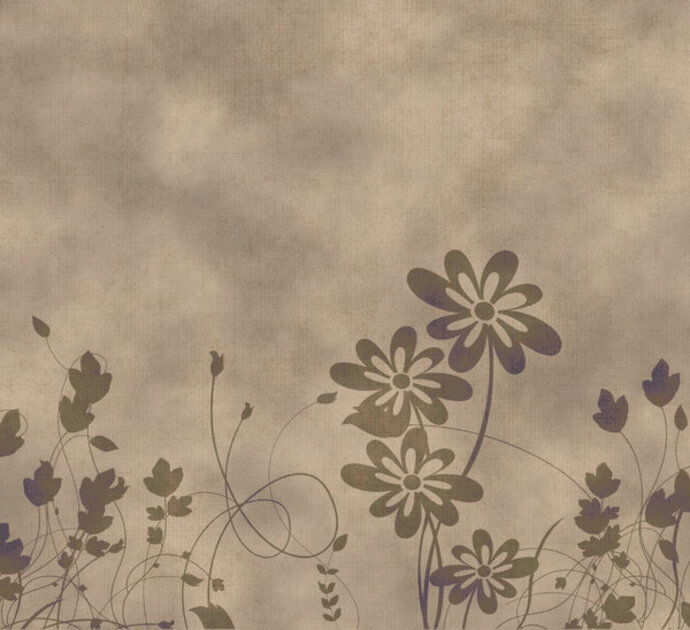
Our Gemara on Amud Aleph discusses the status of Matzah baked by Cuthite. According to this Gemara, though this nationality converted to Judaism under duress, the conversion was still valid, and they had the status of Jews. However, the Cuthites didn’t quite absorb the full message of Judaism and often would follow the written Torah but not trust the Rabbinic oral tradition.
According to one opinion, even though of course, we are strict when it comes to matzah and chametz on Pesach, since we know that the Cuthites take this particular Mitzvah seriously, we can even trust that their matzahs are kosher for Passover. Rabbi Gamliel observes that,
: ūøų╝ūćū£ ū×ų┤ū”ų░ūĢųĖūö ū®ūüųČūöųČūŚų▒ū¢ų┤ūÖū¦ūĢų╝ ūæų╝ųĖūöų╝ ūøų╝ūĢų╝ū¬ų┤ūÖūØ – ūöųĘū©ų░ūæų╝ųĄūö ū×ų░ūōųĘū¦ų░ūōų╝ų░ū¦ų┤ūÖū¤ ūæų╝ųĖūöų╝, ūÖūĢų╣ū¬ųĄū© ū×ų┤ūÖų╝ų┤ū®ūéų░ū©ųĖūÉųĄū£.
In regard to any mitzva that the Cuthites embraced and accepted, they are more exacting in its observance than are Jews.
It is not an uncommon pattern of human behavior, that a newcomer to a religious practice can become more devout than the old timers. There is even a Yiddish idiom that captures this sentiment, “The Chassid is hotter than the Rebbe.” There are a number of psychological reasons for this dynamic, and they are not mutually exclusive:
- Since they came to the religion by a process, either choice, desperation, or Epiphany, the attitude is one of motivation, curiosity and novelty. Plainly said, they are excited and enamored of all the rituals in a way that somebody born into it might not be able to appreciate.
- Persons who are willing to convert to a different religion, or become more devout within their current religion, may already have a predisposition toward spiritual extremes. For example, we know the Midrashim by Avraham and Yisro who in their quest to find God, sampled many, many other religions (Midrash Tanchuma 7:1 and Guide for the Perplexed (3:29). There might be such a thing as an inherently religious or ascetic personality.
- Because they are new to the culture of that particular religion, there are nuances and unwritten sensitivities regarding which values take priority over others, that they are unable to see. A Baal Teshuva would have no way of differentiating between the importance of kissing a Mezuza versus the importance of lighting Shabbos candles. This can put a newly developed person in a state of disequilibrium with family members as he or she may be over emphasizing or under emphasizing principles and values that until now were self understood. Rav Kook writes about this in Ein Ayah Berachos 7:18. They are missing the fifth volume of Shulkhan Arukh or what the great historian and Talmid Chacham Hayyim Soloveitchik calls, the Mimetic Tradition. That is, the understanding of what people actually do, and how they do it within the routines of life, as opposed to a rule book.
As you can see from these enumerated examples, some of them represent valuable personality features and others might be deficits. Regardless, it is important to recognize archetypes and patterns of human behavior, because they do tend to repeat themselves. It doesn’t matter if we are referring to Cuthites from 2000 years ago, or 21st century Baale Teshuva, or people who become newly enamored of a particular kind of psychological theory or insight, or a holistic health practice. The newcomers tend to become extreme, partially from excitement and relief, which is a good thing, and partially from lack of integration of the new ideas and system into the manageability and routines of life.
By the way, though this is hotly debated, for the most part religious beliefs and practices do not predispose someone to obsessive behaviors. However, what might be true is that if one already has a pedantic, perfectionistic and obsessive personality, they can use religion as a convenient figleaf and justification, as well as a bully pulpit to mobilize and gratify their subjective anxieties and need for control. According to one study, it isn’t so much religious belief that contributes to obsessive behavior, but scrupulosity, which is a subset of religious behavior, which does predispose one toward perfectionism and obsession around rituals and religious requirements. Scrupulosity is defined as excessive attention to the legal aspects of religious practice in order to avoid the wrath of God, and/or to please God through specific modes of worship that are reliant on technical rules.
(For more about this faster than the topic. See this research paper by Kawika Allena, Kenneth T. Wangb and Hannah Stokesc, “Examining legalism, scrupulosity, family perfectionism, and psychological adjustment among LDS individuals.”, Mental Health Religion & Culture · March 2015.)
Translations Courtesy of Sefaria, except when, sometimes, I disagree with the translation ![]()
If you liked this, you might enjoy my Relationship Communications Guide. Click on the link above.
Rabbi Simcha Feuerman, Rabbi Simcha Feuerman, LCSW-R, DHL is a psychotherapist who works with high conflict couples and families. He can be reached via email at simchafeuerman@gmail.com
 Previous
Previous

